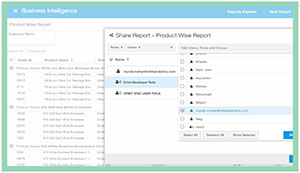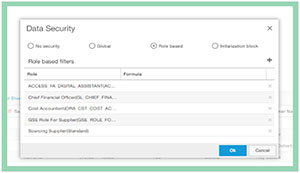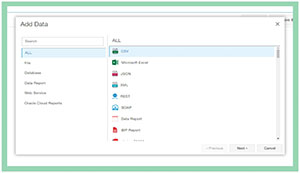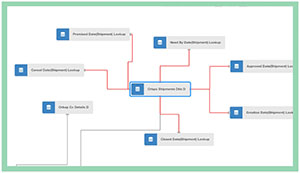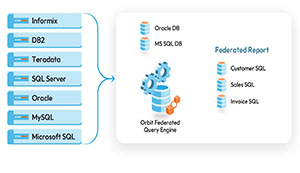In reporting and analytics, data models promote data stewardship and give the most lineage in empowering business users while enforcing data security in the process. Additionally, data models help reduce maintenance efforts, increase data lineage, and ensure data consistency by abstracting complex formulas across domains. This approach enhances the enterprise data management ecosystem by making it easier to govern large data sets and reduce complexities.
In modern businesses, data is often spread across various databases, both inside and outside the organization. Being able to run SQL queries across different types of data sources (relational and non-relational) and combine the results is crucial. For example, when we need information from both an Oracle database and an MSSQL server, combining them into one result set is called data federation, a key technique in data management and analytics.
Data virtualization is a Data Management technique of hiding the data complexity under the hood. Business users do not need to know all the technical details about data sources, such as where and how data is stored. What they need is a single trusted view presented for consumption. For example, complex calculations like commissions can be abstracted to avoid mistakes in the oracle ERP data management system.
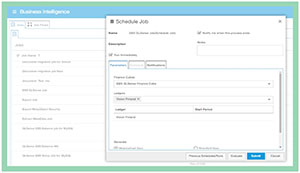
You need to collect data (extract the data, transform the data, and load the data) from multiple sources so that you can make well-informed business decisions.
DataJump is Orbit’s solution for ETL (extract, transform, and load) and ELT (extract, load, and transform) requirements. DataJump gives you the ability to blend data from multiple sources into one single source, supporting your enterprise data management strategy. DataJump allows you to synthesize data from multiple sources so that you can build a database such as a data hub, data warehouse, or data lake, all while ensuring the integrity of your data management and analytics process.
